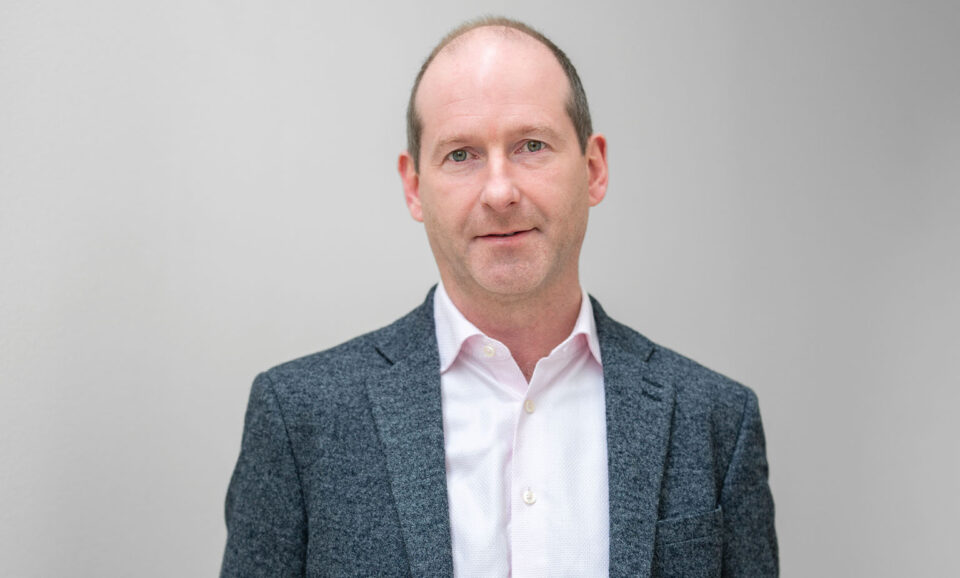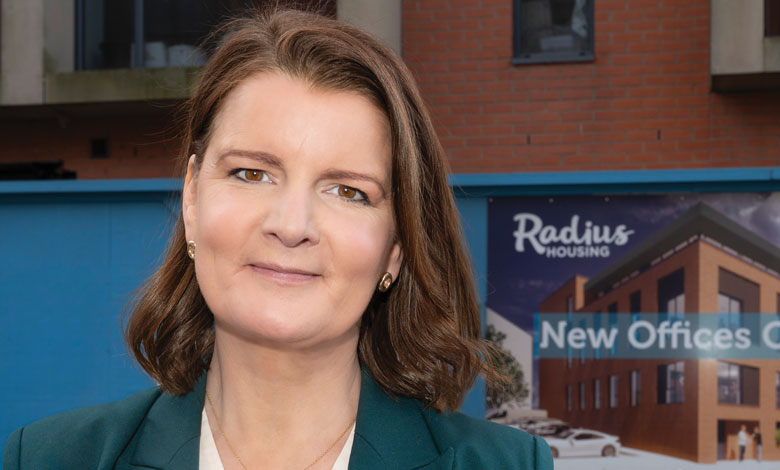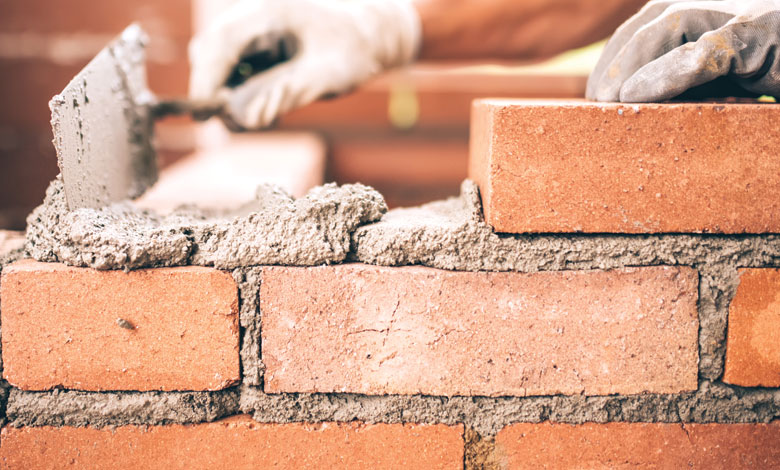Developer contributions scheme rejected
22nd April 2016Delivering a customer focused housing service
22nd April 2016Clanmill: Making it different
The Equality Commission’s housing report shows housing inequality still exists in Northern Ireland.
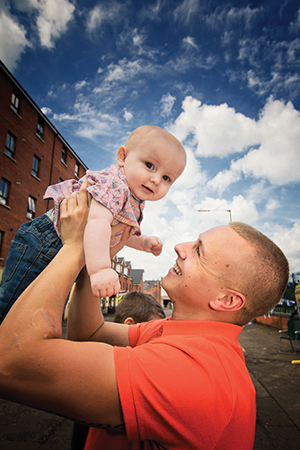 The Equality Commission for Northern Ireland recently published a draft statement on Key Inequalities in Housing and Communities, produced by Professor Alison Wallace from The Centre for Housing Policy at University of York.
The Equality Commission for Northern Ireland recently published a draft statement on Key Inequalities in Housing and Communities, produced by Professor Alison Wallace from The Centre for Housing Policy at University of York.
The aim of housing policy is the provision of accessible, sustainable homes and more of them. The Commission’s report highlights differences and inequalities across the nine Section 75 groups between 2007 and 2015. Disappointingly inequalities still exist and new inequalities are emerging.
Some of the key findings highlighted within the report are:
• Segregated housing markets in Northern Ireland lead to differing experiences of waiting lists for social housing, with a negative impact on Catholics or Other religions;
• Irish Travellers experience difficulties in accessing accommodation and some lack basic amenities;
• Single males are more likely to present as homeless to the Housing Executive but have less chance of being accepted as homeless and awarded points to reflect their need;
• The homes of minority ethnic people and migrants may be more vulnerable to racial attacks, as are those of the LGBT community;
• Migrant workers are more likely to live in accommodation tied to their employment, with poor conditions and overcrowding;
• People with learning disabilities or chronic mental ill health are not always provided independent or supported living, despite government policies, including The Supporting People Strategy, to resettle people from long stay hospitals;
• Many people with disabilities are living in homes that do not meet their needs;
• Older people (over 60) are more likely to live in non-decent homes (around 25 per cent);
• Single people, largely those who are separated or divorced and living in social housing, are more likely to live in non-decent homes;
• Lone parents in private rented homes are more likely to live in poverty after housing costs are deducted.
No-one will deny that access to a home is a fundamental human need. No-one will deny that delivering equality in housing is a complex matter. Clearly there is much to be done in Northern Ireland to address this for many in our community.
Whilst The Equality Commission for Northern Ireland may conclude that some work is on-going by a wide range of stakeholders, is it enough that the Commission has ‘hope’ that Government, public bodies and others will use this statement to take appropriate action to address these identified inequalities that continue to persist? If the past is a measure of our delivery in the future, we all need to do more.
Game changers could include:
• clear targets set within the programme for government that are measured against addressing these identified inequalities;
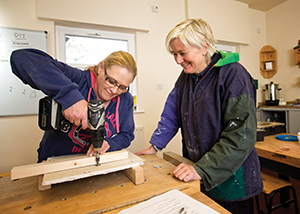 • courage to bring forward public land and look at developer contributions to provide new social homes;
• courage to bring forward public land and look at developer contributions to provide new social homes;
• a joined up older persons strategy that reaches out across tenures and puts the needs of the person first and foremost;
• a 10 per cent increase in the Supporting People budget to provide greater access to decent homes;
• really putting a heart into building a united community in Northern Ireland.
If we come back to this report in 2020, how much will have changed and how proud will we feel that we have made a difference? Now is the time to do something different.
Increasing Wellbeing through Employability Skills
Clanmil Housing is working to promote sustainable communities by supporting our tenants to access services that can boost their wellbeing. Central to this is a drive to increase levels of employability.
Clanmil has partnered with Women’sTec to launch SPEC (Supporting People:Empowering Communities), a new employability programme that will provide access to training over the next three years for more than 500 people facing particularly difficult barriers to employment.
An innovative private, voluntary and public sector partnership, SPEC is part funded by the Northern Ireland European Social Fund 2014 – 2020 – Investment for Growth and Jobs Programme, the Department of Employment and Learning, Belfast City Council and construction firms JMC Mechanical and Construction and Gilbert Ash.
The programme is designed to give people, mainly women, who are struggling to get a job an opportunity to explore employment options in the construction industry through accredited training.
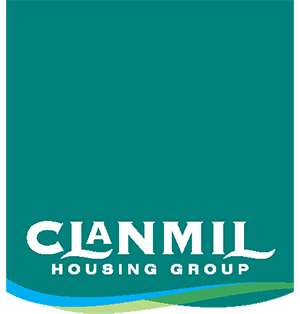 Tim O’Malley, Community Development Manager at Clanmil, says: “As well as a good home, we want our tenants to get the most from life and to reach their full potential. 70 per cent of our family homes are occupied by single-parent households where the head of household is a woman, making Women’sTec an ideal partner in this.”
Tim O’Malley, Community Development Manager at Clanmil, says: “As well as a good home, we want our tenants to get the most from life and to reach their full potential. 70 per cent of our family homes are occupied by single-parent households where the head of household is a woman, making Women’sTec an ideal partner in this.”
Clanmil is the first of Northern Ireland’s housing associations to measure the impact of its work in terms of how much it increases people’s wellbeing.
Tim explains: “The Wellbeing Valuation tool, developed by the Housing Association Charitable Trust, uses the results of large national surveys to isolate the effect of a particular factor on a person’s wellbeing. The SPEC programme will have a Wellbeing Impact of over £1 million for the communities in which we work.”

